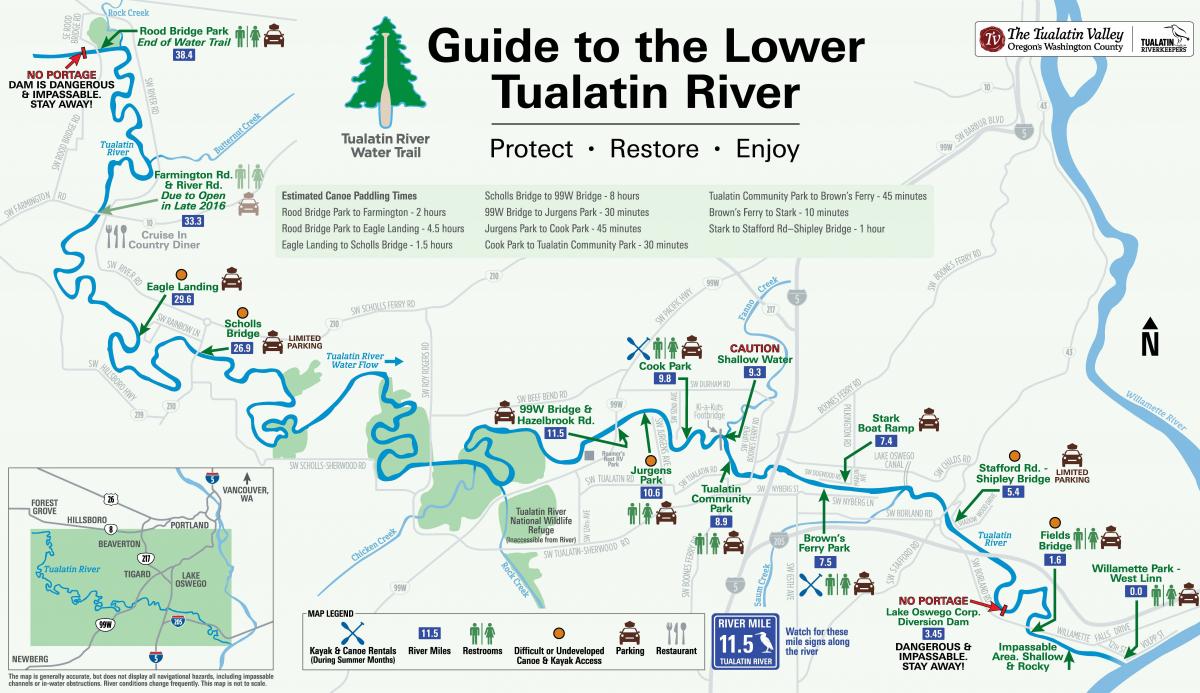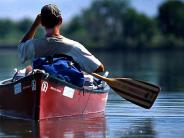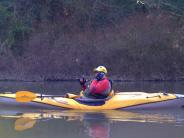- YourGovernment
-
OurCommunity
-
- About Tualatin Advisory Committees Animal Services Community Involvement City Codes City Council City Projects
- Community Crime Reports Customer Service Request Explore Tualatin Now Fire Library Municipal Court Tualatin Today
- Parks & Recreation Passports Permits & Forms Planning & Zoning Police Volunteer Tualatin Moving Forward
-
-
ForVisitors
-
- Parks, Greenways, Recreation and Library Library Parks Public Art Parks and Recreation
- Shopping, Dining, and Entertainment Chamber of Commerce
- Community Events Community Theatre Pumpkin Regatta Special Events
-
- DoingBusiness
-
HowDo I?
-
- Apply for a Job Apply for an Advisory Committee Contact the City Council Get a Copy of a Police Report File a Records Request Find Forms
- Find Planning & Zoning Find Public Transportation Find the City Code Get a Business License Get Email Subscriptions/Notifications Locate City Offices
- Contact the City Pay My Traffic Fine Pay My Water Bill Reserve a Facility Sign Up for a Recreation Program Search the Website Volunteer
-
Tualatin River Water Trail

On October 22, 2020, the Interior Department designated the Tualatin River Water Trail as National Trail.
This designation applies to the 38.5-mile navigable portion of the Tualatin River between Rood Bridge Park in Hillsboro and the confluence with the Willamette River, including the entire length of the river as it passes through the City of Tualatin. River access is available at Brown's Ferry Park, Tualatin Community Park, Jurgens Park, and the Pacific Highway (99W) & Hazelbrook Road Canoe and Kayak Launch.
A Water Trail is a network of access points, resting places and attractions for users of human powered water craft on lakes and rivers.
A Water Trail is a "schoolhouse without walls" which involves the recreational paddler and general public in shore land preservation and stewardship programs.
A Water Trails affords an opportunity for people to personally explore our natural and cultural heritage from a distinctly unique perspective - "sitting on" the water. Water Trails bring the user into contact with the whole ecology of the trail corridor, and in the process the user learns and grows physically, mentally and emotionally; while the community grows in spirit, economic health and vitality.
Water Trails continue an important traditional mode of travel that has been practiced for thousands of years - first by Native Americans, then by the explorers and traders who followed - and now by people who wish to rediscover the joy and adventure of paddling.
Click any thumbnail image to view a slideshow



